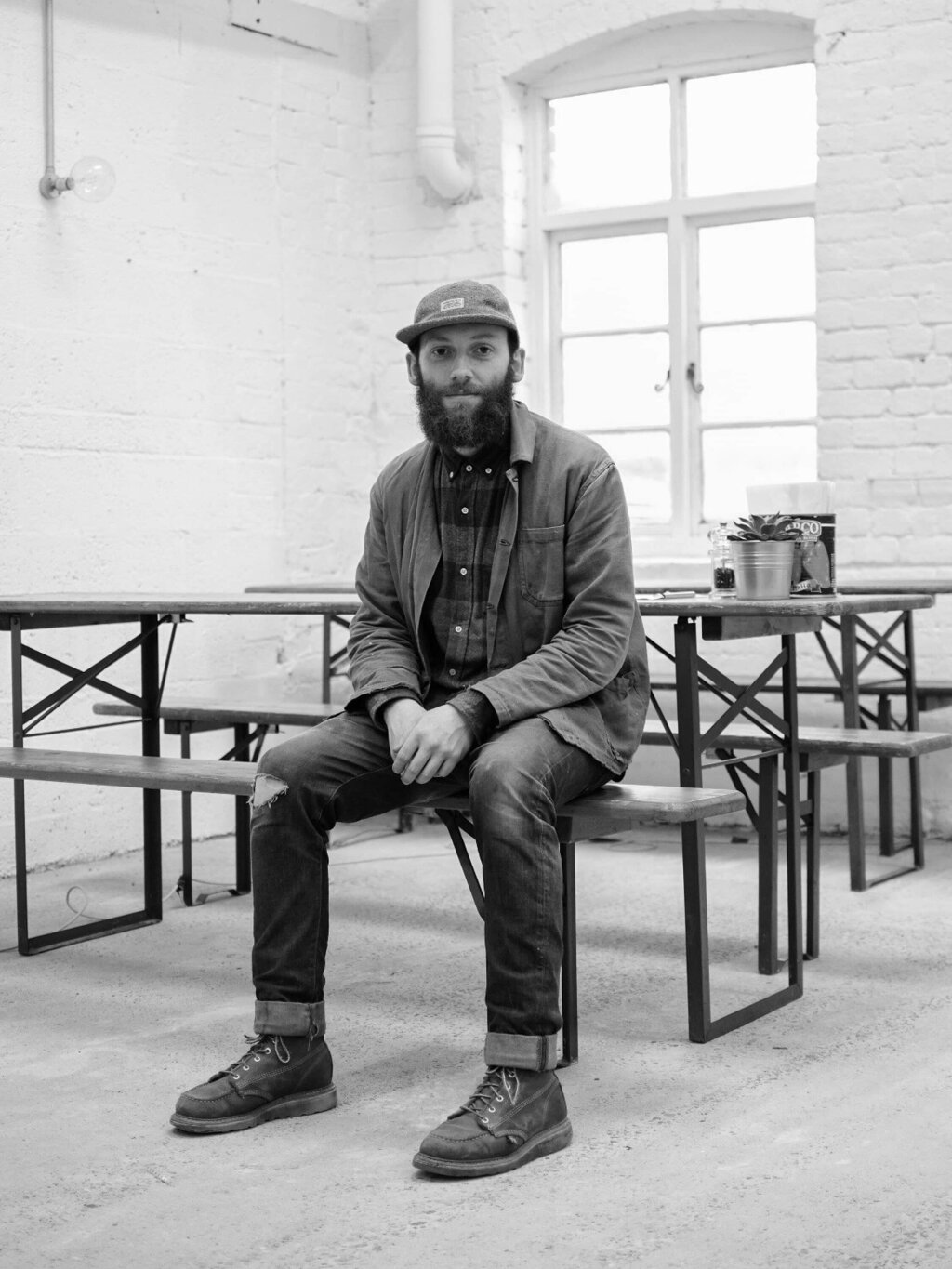MJM Bespoke is a design and fabrication studio in Birmingham. Its director, Matthew Moore, started working with Be the Business as the company started to see huge growth.
Matthew’s work with a Be the Business Productivity Programme board started when he began to face unprecedented challenges.
“We hit the point earlier this year where we had nothing in the schedule, and we weren’t able to build enough work into the calendar to avoid having empty periods. So our challenge with pipeline management is making sure we have enough of the big jobs we want to make our name in, alongside smaller jobs to fill gaps that come up – because without them, we lose money,” Matthew explained.
He was working with a Be the Business mentor at the time, but it became clear he would need different expertise:
“I worked with a mentor because the business was growing very quickly and I wanted to talk logistics – I didn’t want things to start breaking before I tackled the problems. I asked my mentor for support with the business not being busy enough, and she said it wasn’t her field of expertise, so I contacted Be the Business and they recommended The Productivity Programme.”
Navigating a common challenge
Matthew said that while his first meeting was daunting, it was really helpful.
“I was assured by everybody that they’ve all helped people with this problem before. A persistent challenge for super-small businesses is going from running the business like it’s just your own to running it like an organisation. So knowing that I’m in safe hands was really reassuring,” he explained.
“I was like a kid back at school again, listening to these experts who know so much and who dealt with this problem ten to thirty years ago!”
Understanding the value
Matthew’s first board meeting concluded with some crucial points to think on before they reconvene:
“They asked me to refine what our value proposition is – what sets us apart from competitors and where we stand in the sector. That’s come from outgrowing our customer base, especially during the cost-of-living pinch.
“I feel we should still be charging for the work of immense quality that we do, and we are charging fairly, so I don’t want to drop our prices to overcome that hurdle. So working on our value proposition is how we will pitch to customers that we’re charging more than other people for the quality we deliver.”
Defining this value proposition and the future direction of the business will lay the foundations for making productivity improvements.
“We want to keep doing everything and jobs of all sizes. Not just because becoming more specialist doesn’t solve the pipeline problem, but also we can really do the things other people can’t do, with a lot more nuance and complexity,” Matthew explained.
The value of business data
In their second session, Matthew and his board discussed how to anticipate when work will be coming into the business, to address the issue of pipeline management.
“It’s been great to see how this issue is handled in the industry, and to know there are systems in place to alleviate the stress I’ve been feeling,” Matthew said.
“We discussed a client relationship management system, where I’ll be able to accrue data and work out the typical time between a client getting in touch and the project going live. That information will mean that when I’m having initial conversations with customers, I know when it’s likely to happen and can avoid things getting too busy and then going quiet.”
Establishing marketing basics
Matthew’s board also guided him to follow up on the value proposition work they began at the beginning.
“I signed up to a value proposition course to really understand what our USP is, and have written various short pitches that I can use when I’m talking to different types of customers,” Matthew said.
“The board programme continues to be very fulfilling and helpful. What’s been nice is speaking to them frequently, so that when I try something they suggest, we can quickly discuss whether it’s working or not and our next steps.”
After completing this foundational work, the board encouraged Matthew to dig deeper into MJM Bespoke’s marketing.
“I used to think I should leave customers alone, but they’ve talked me round to chasing up on leads! Now my system is to follow up every week, then stop if I haven’t heard anything for a month. They’ve helped me to implement loads of small changes – I’ve now started asking for referrals from customers, which I didn’t do before,” Matthew said.
“It’s so fundamentally positive, I’ve got nothing but good things to say about the programme. Nowadays, when my peers talk to me and I don’t have the answer, I say you should contemplate asking Be the Business. Because every decision is make or break, having that space in my calendar when I get to ask the board for guidance is so helpful.”
Hiring business support
Having come to the end of the Productivity Programme, Matthew reflects that the biggest impact has come from the board’s advice to hire more people.
“One of the last actions for me was to look at a recruitment drive, to take some duties off my to-do list. It seems to be endemic that with businesses this size, the founder is still doing everything, but they get stretched and things fall off. That’s definitely how I’d been feeling,” he said.
Matthew explained that hiring staff to support with bookkeeping and social media has made a huge difference. It’s not only helped to have consistent cash flow and marketing activity, but it's freed up his time as a business owner.
“There’s been a lot of streamlining. I’ve got gaps in my schedule again, which means I have time to maintain relationships with old customers and do a bit of PR to find new ones. I can find time for that in a way that doesn’t detract from running the business.
“It’s actually also meant that I’ve got time to get back on the tools and do manufacturing work alongside the team, which always felt like a luxury but is what I’ve wanted to do. The business feels more connected again now,” he said.
Refining the business’s proposition
Working with the board helped Matthew to shift his mindset away from operating like a sole trader, and be more mindful about the work MJM Bespoke does.
“The board has been instrumental in assuring me that certain things are OK left undone, and it’s OK to push back against deadlines. I’m being practical about what we have capacity to deliver, not just saying yes to everything. And the work either goes to somebody else or, in most cases, comes back to us two months later. I’ve not regretted that decision at all.”
Matthew adds that this assurance from the board has closely tied in with the work he began on his business’s value proposition. Their advice inspired Matthew to take a short course at university to learn how to create this vision effectively.
“I’ve had a tendency to think of our ideal customer as being the best customer we’ve had so far, but it needs to be the best customer we could get in the future. It’s good to take inspiration from good projects we’ve had and nice relationships we’ve built, but I need to not focus on just finding duplicates,” he explained.
“In time, this work I’m doing will help me to prioritise better, and build our programme around six ideal-size jobs a year, instead of turning those down because I’ve got too many smaller, lower-value jobs on.”
Could your business benefit from an advisory board of experienced business professionals? Find out more about our six-month programme of personalised support.
Photo by Handover Agency.



